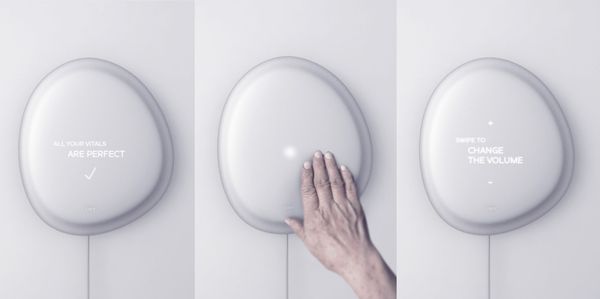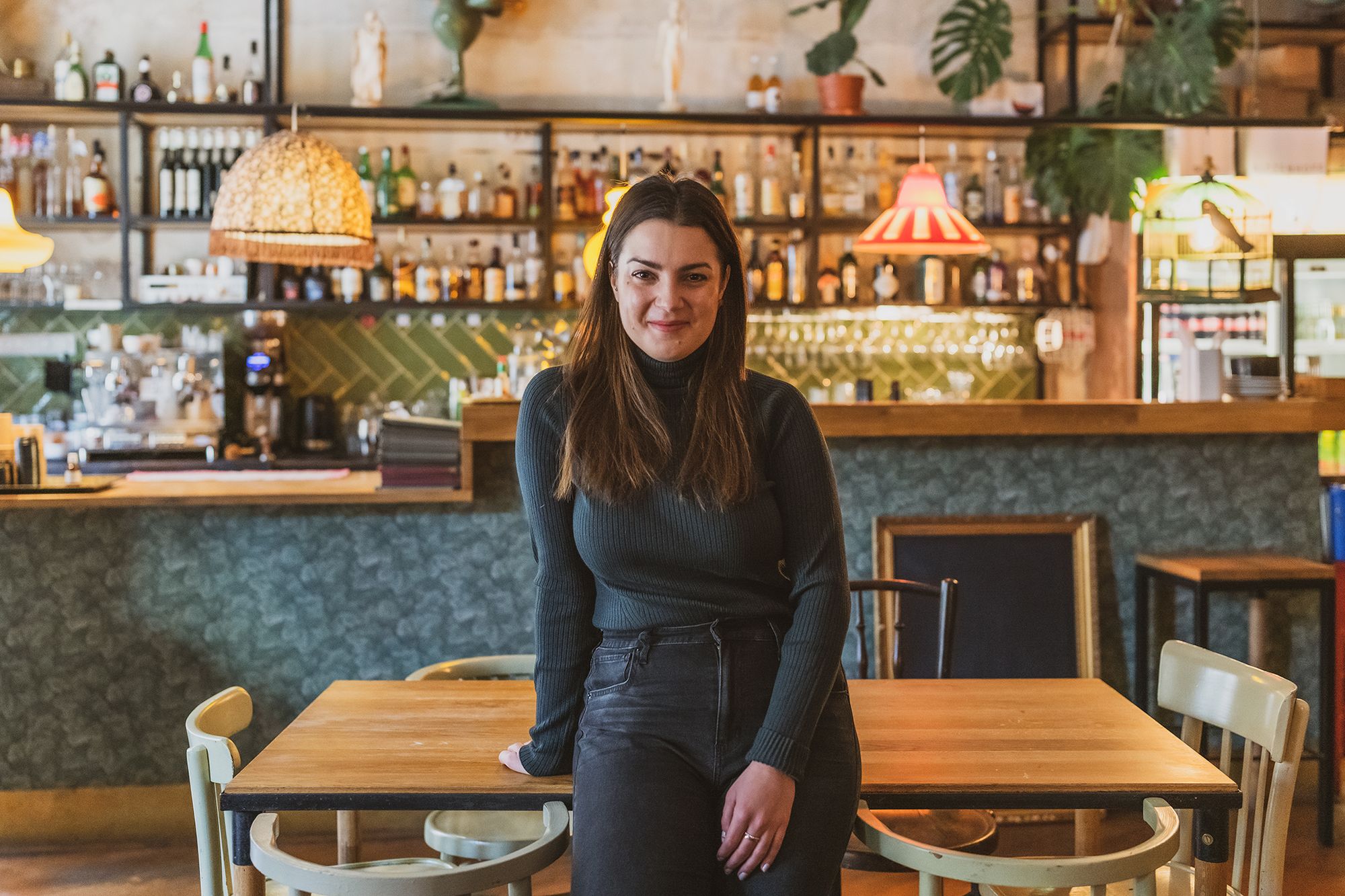Many people have responded to the changed market circumstances in many different ways: there were some who, in the spirit of quality leisure time, collaborated with Hungarian graphic designers and released a new-wave version of the traditional puzzle, while others opened a noodle canteen despite all difficulties. Of course, making good decisions in difficult situations is not always easy. One must see the potential in something amidst all the challenges, something that they have never tried before—one must believe in it, go forward and hope that what they dreamt up is actually viable. Anything is better than idleness: standing in one place means that we renounce the possibility of development. As Ernő Rubik once said: “There is always a solution—and not just one!” The joint campaign of Piqniq Budapest and Mastercard.
Károly Gerendai – owner, Costes restaurants
“One thing I can be sure of is that we must try to keep qualified workforce. For two reasons. If we lose them, they’ll go abroad, and then it will be hard to bring them home. There will be better times eventually and if we can’t provide the service guests have been used to until then, it will be bad for everyone.“
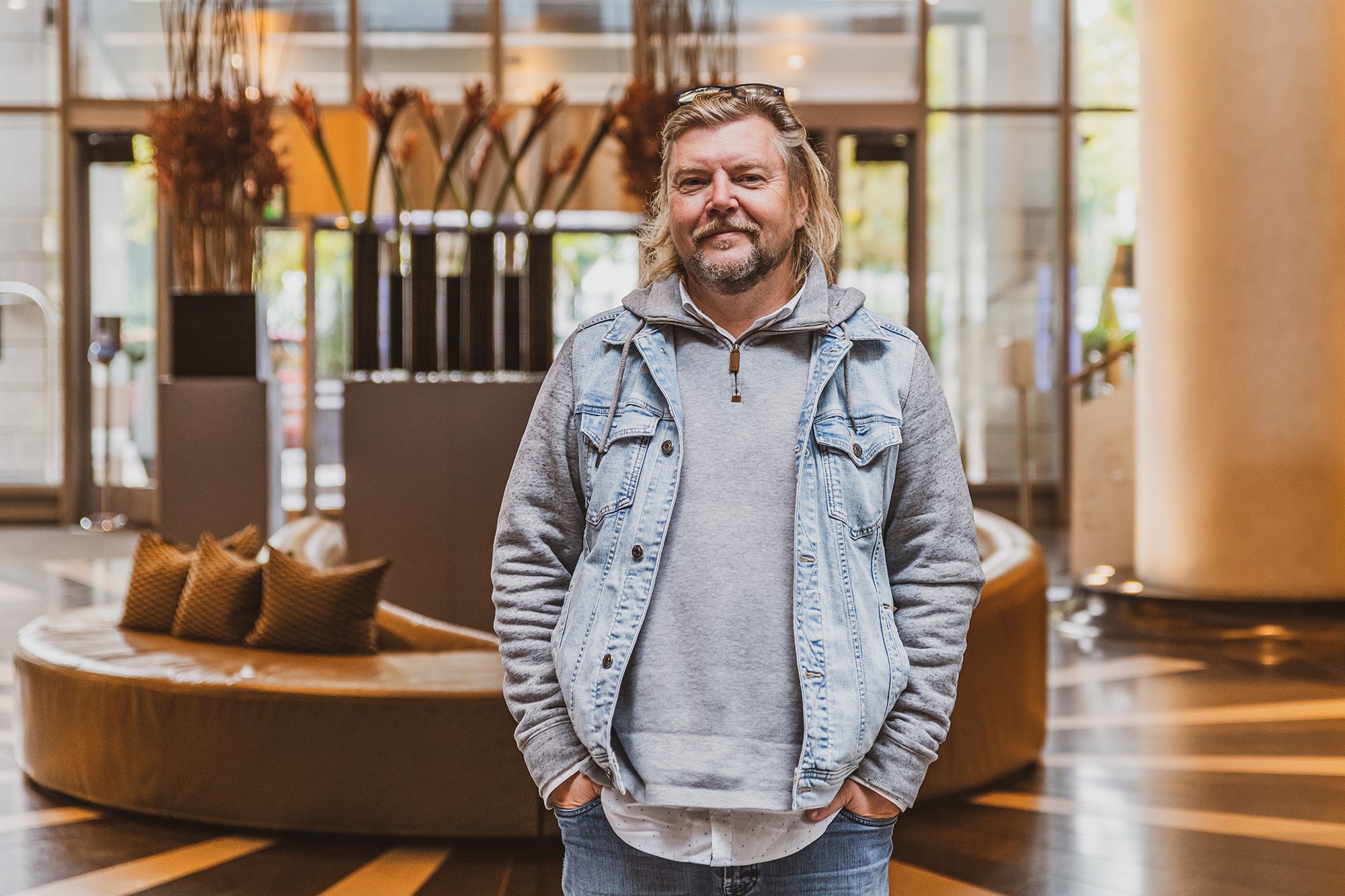
We probably don’t have to introduce Károly Gerendai to anyone: the founder of Sziget Festival has also made it into the big book of Hungarian gastronomy—his fine dining restaurant, Costes in Ráday utca, Budapest, was the first restaurant in Hungary to get Michelin star. He was hit particularly hard by the crisis brought on by the epidemic: Costes has been closed for almost a year now, while Costes Downtown operates in home delivery mode only, but he still doesn’t think that the age of fine dining is over. Epidemic or not, Károly recently opened Nudli bistro, a restaurant focusing on Hungarian noodle dishes and not compromising in terms of quality. In the Hungarian noodle canteen, dishes familiar to the Hungarian audience like custard noodle, poppy seed noodle or cabbage noodle are packed into the boxes of Wolt couriers, with some extra duck confit on the side, if that is what the customer desires.
Kata Klementz – co-founder, executive manager, Loffice
“In a catering establishment where the venue is good, the ingredients are high quality, the service is professional and there is a willingness for innovation, the community will also be built organically.”
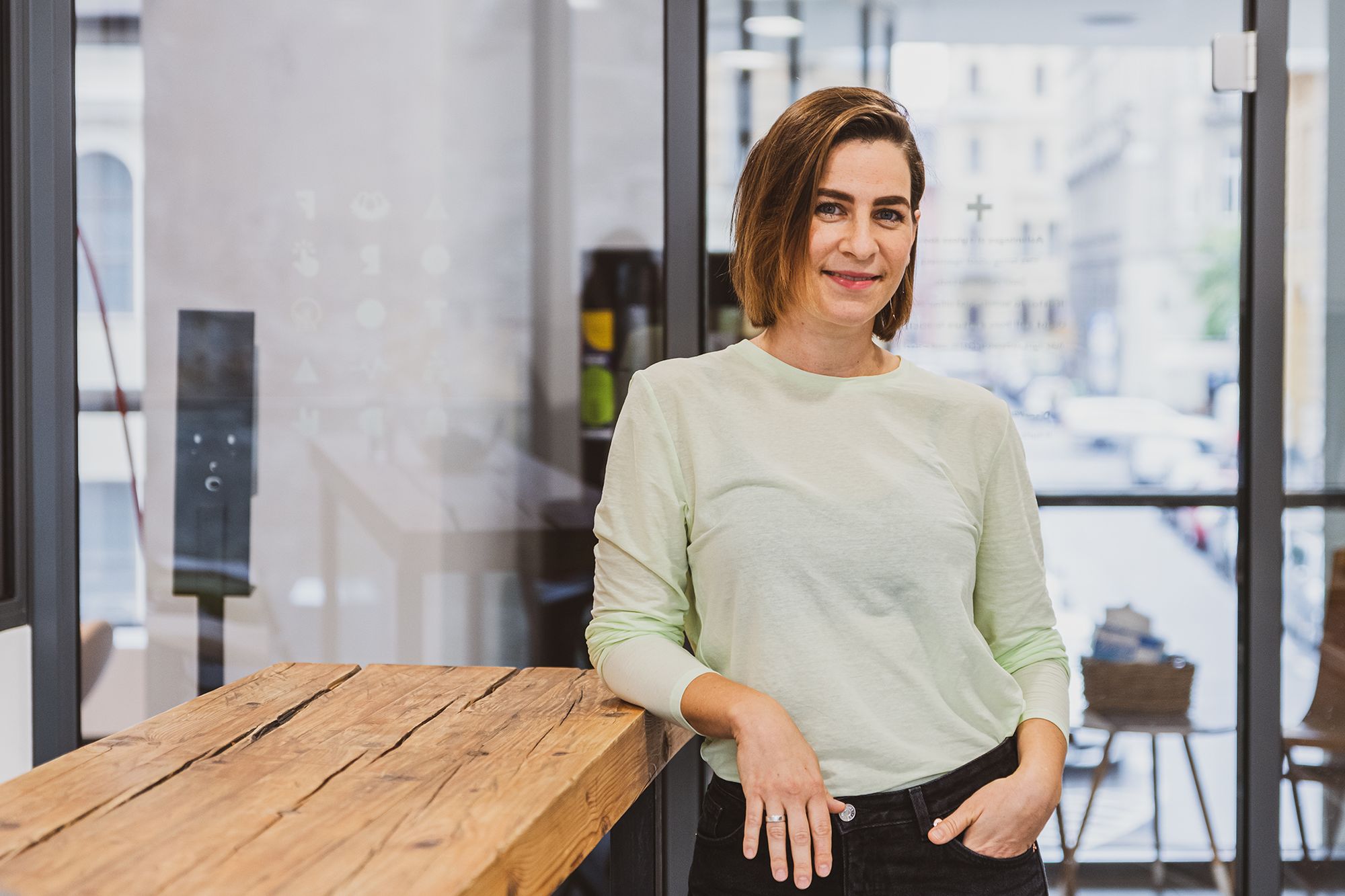
Gastronomy is not only about eating, since what and how we eat defines our culture and the image of our own country—says Kata Klementz, the co-founder and executive manager of Loffice. She says quality gastronomy creates its own community—a group of people who recognize and appreciate professional service, high quality environment and ingredients. In addition, a gastronomy business can primarily develop if it faces the future with innovative solutions, just like Kata and her team did it, even though they ventured on a completely different area. The Klementz sisters were the first to introduce the concept of co-working in Hungary: they made the culture of the co-working office model available to the domestic audience also in a physical form. Loffice does not only have units in Salétrom utca and Paulay utca in Budapest, but also in Vienna, building a community for those living and working in the city.
Antonio Fekete – food photographer; owner, Cookbooks.hu
“As a food photographer, I try to present the professional activity of the given establishment in a natural and at the same time shocking style.”
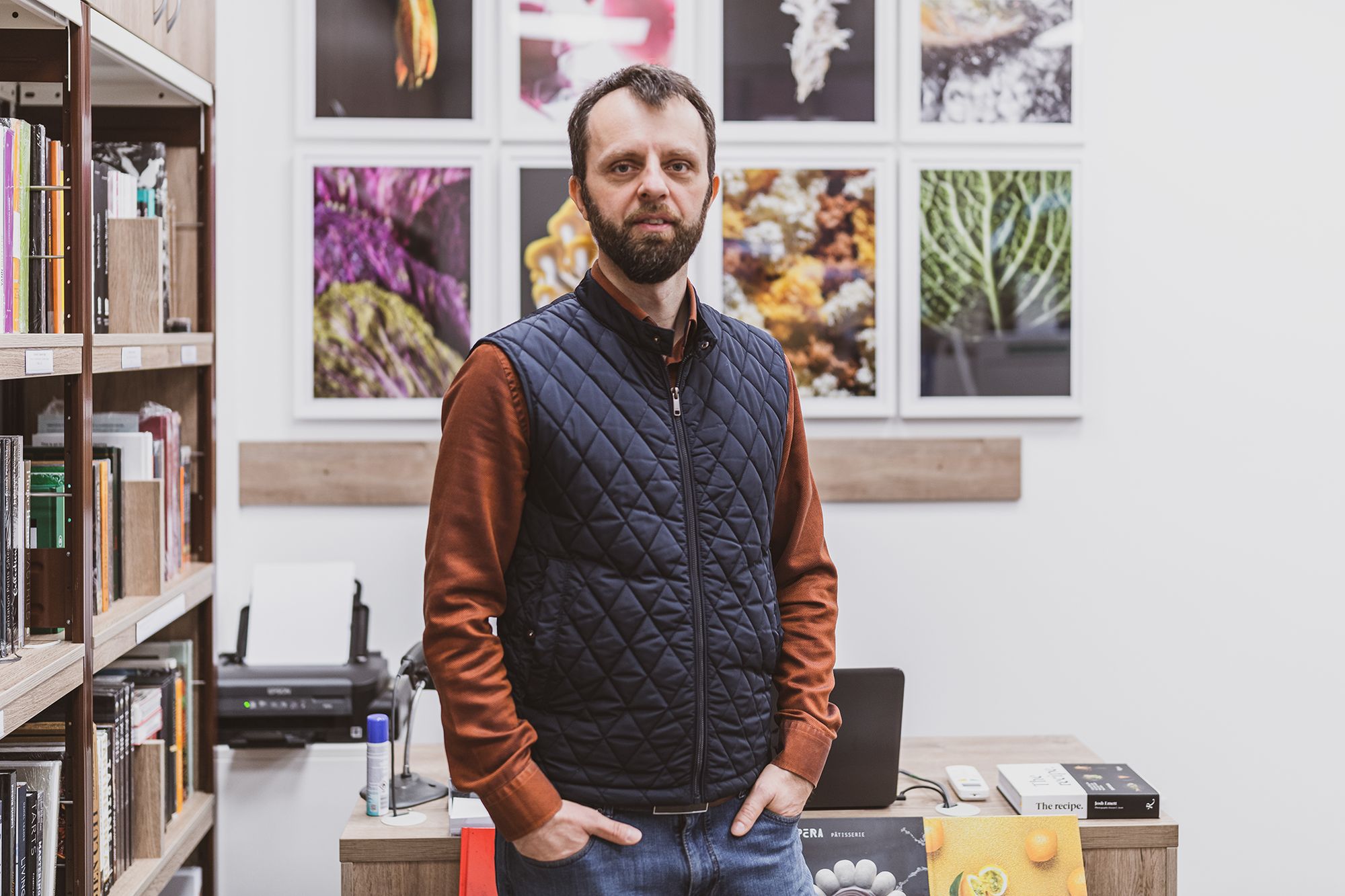
Tompa utca 22 in Budapest’s District 9 has been added to the map of committed cookbook collectors for sure. This is where one can find Antonio Fekete’s extraordinary bookstore, which is more of a showroom than your average book shop. The walls are decorated by the fascinating photos shot by Antonio, who has been working as a chef for a long time. Cookbooks.hu‘s repertoire includes a wide variety of books and magazines on cooking, pasty-making, bakery, coffee and wine. They are only open two days a week: customers can pick up the publications ordered online and take a tour of the shop at pre-booked dates.
Regina Papp – co-founder, We Love Budapest
“The quality of a good place primarily stems from the team that stands behind it.”
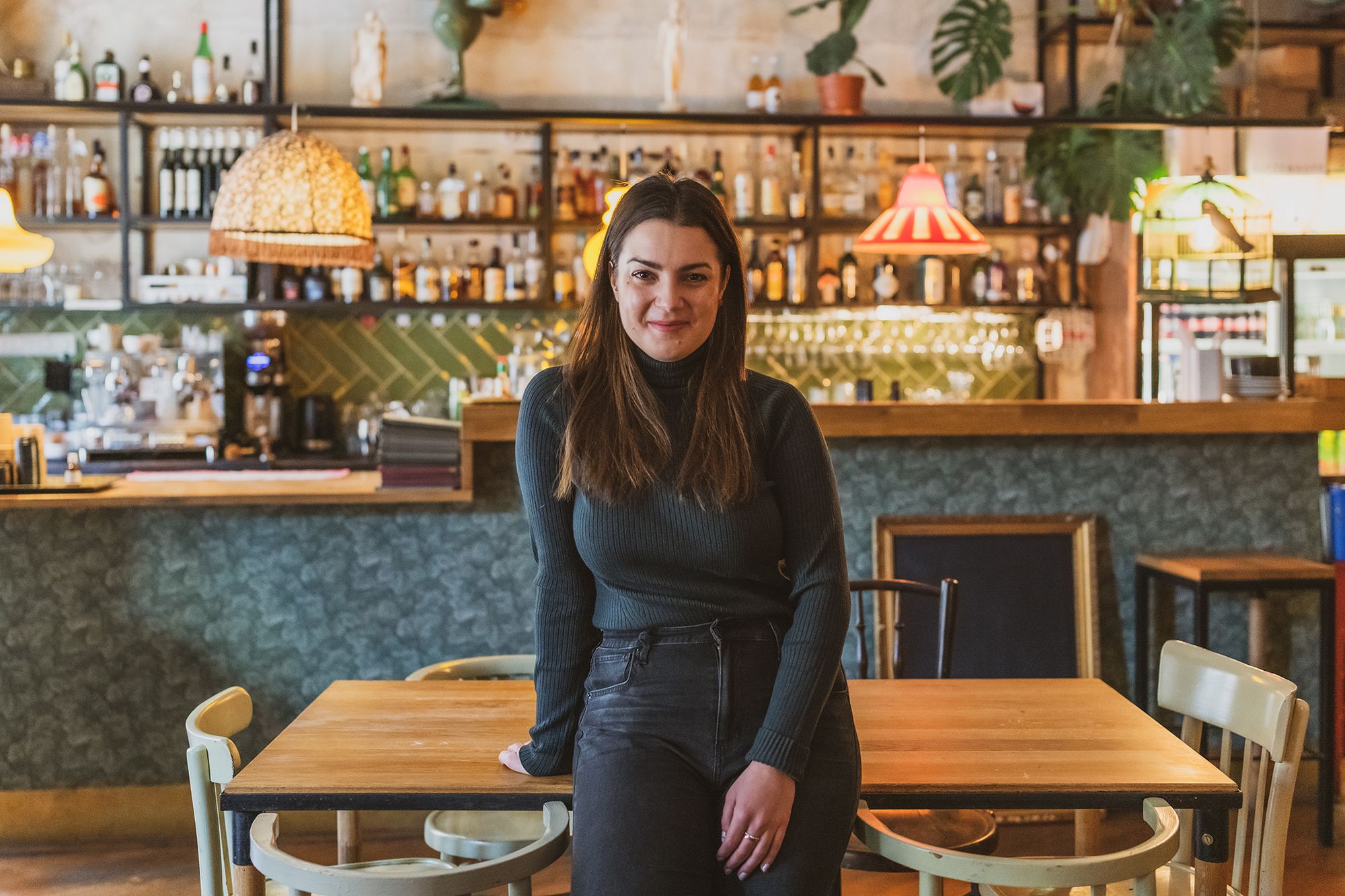
Even though the crisis brought on by pandemic has transformed all of our lives, we can perhaps still hope that something better is to come after such a challenging period. This is what Regina Papp, the co-founder of the popular We Love Budapest site hopes, too, who says we should expect things to clear up and rearrange in the future. Over the past years, readers could learn about countless of cool initiatives in the capital thanks to We Love Budapest: the relevant content also included reports about freshly opened restaurants and cafes. Regina also started another project recently: Together with Anna Katalin Lovrity and Eszter Glaser, they launched the Kirakós brand, the “new wave” version of the traditional puzzle, which is focused just as much on introducing Hungarian artists as on promoting experience-based leisure time (we have already presented Kirakós in a previous article – the Ed.).
Péter Mondovics – marketing manager, Mastercard
“The pandemic has put the businesses of gastronomy and the hospitality industry in a difficult position this year. Piqniq and Mastercard undertook to show a way in this difficult situation and present the positive examples where businesses could overcome this challenging situation with various strategies.”
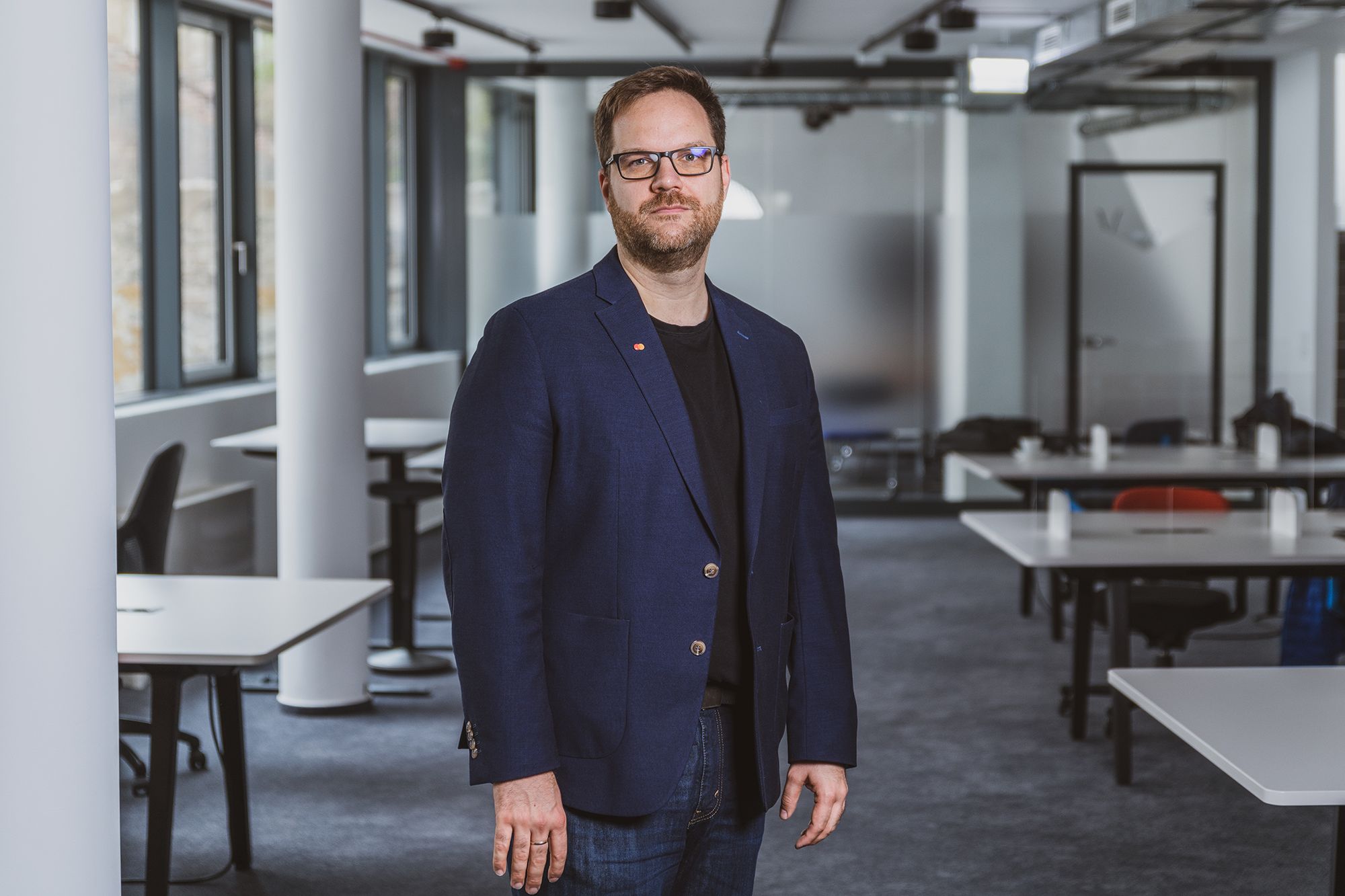
Péter Mondovics, one of the key figures of the joint campaign of Piqniq Budapest and Mastercard, firmly believes that the COVID situation opened new opportunities to gastronomy businesses. As a company engaged in payment technology, Mastercard voted confidence to the initiative dreamt up by Piqniq Budapest exactly because they thought that together they could show the way for catering establishments and gastronomy businesses that found themselves in a difficult position (we have presented the campaign in detail in a previous article – the Ed.). According to Péter, the players of the market must focus on creating safety and a positive customer experience in this new situation. Even though at the beginning, a fear of losing foreign customers, uncertainty and despair could be observed on the players of the Hungarian hospitality industry, as responsible businesses, many of them actually turned this situation around. The coping strategies called new business models to life on the market, and gastronomy establishments realized that they must concentrate on building local communities because this is just as important—if not more important—as showing the Hungarian hospitality to our foreign friends.
Photography | Dávid Horpáczi
Video | Gergő Sepsi
Piqniq Budapest | Web | Facebook | Instagram

Where nature takes over | James Kerwin's photos of ghost towns
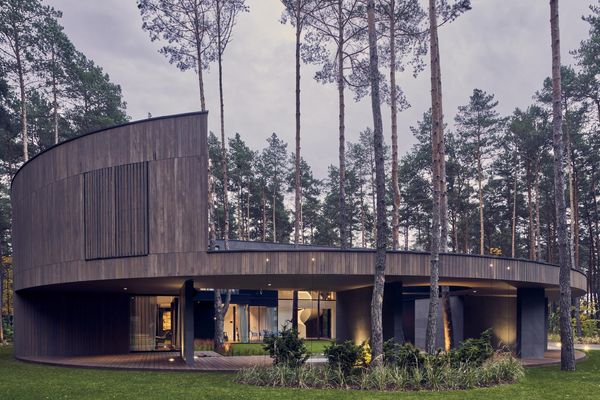
A circular home | Mobius Architekci
